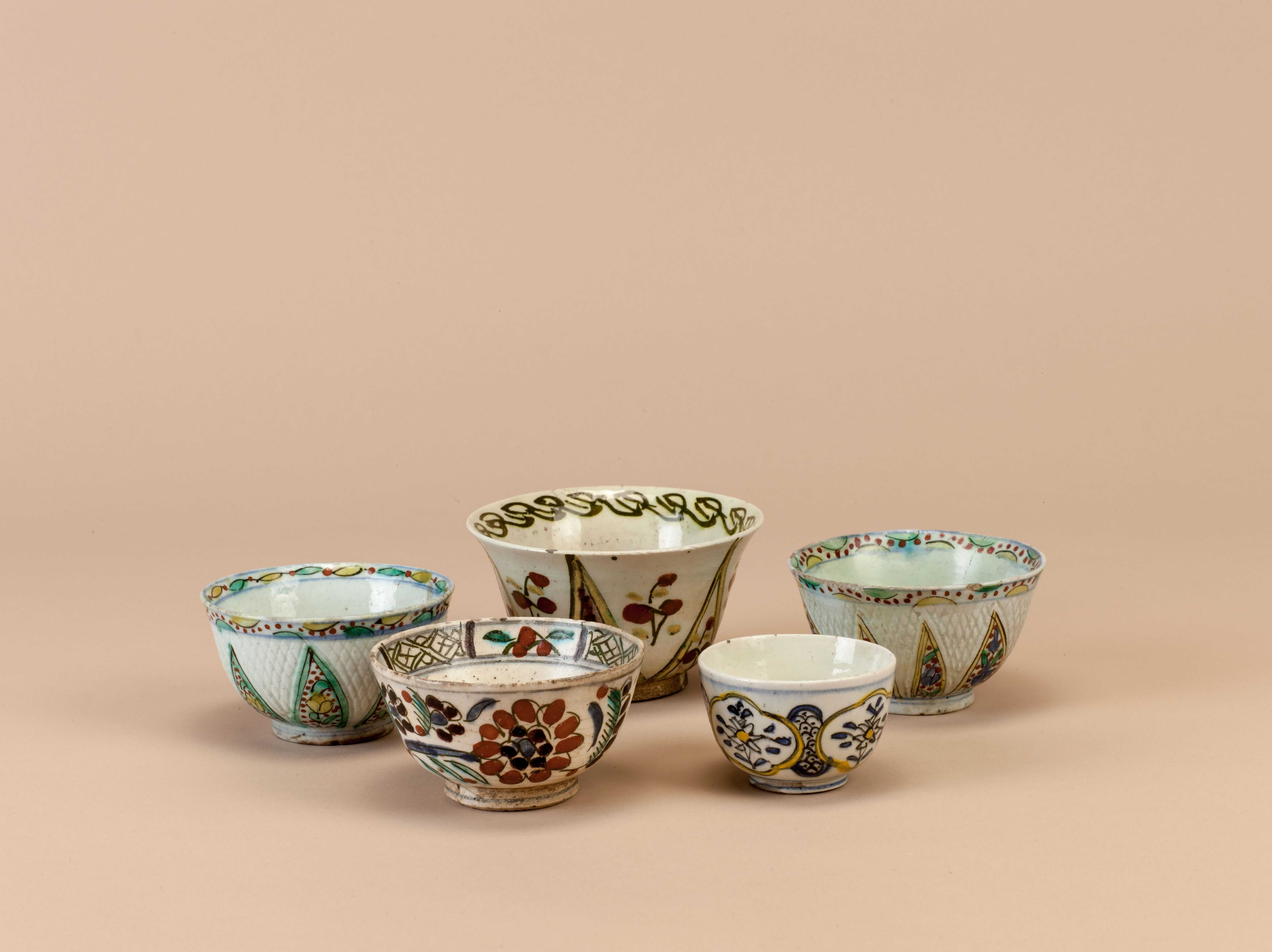Director: Andrei Tarkovsky
Cast: Tonino Guerra, Andrei Tarkovsky
Italy, 1983, 62’, color
Russian, Italian with Turkish subtitles
In 1982, Tarkovsky was at a crossroads in his life. Unable to work in his homeland because of censorship and separated from his family, he traveled to Italy to begin work on a new film. Voyage In Time captures Tarkovsky at his most vulnerable, trapped between two worlds, facing an uncertain future. This intimate film chronicles Tarkovsky as he searches locations and explores ideas for his next feature film. Accompanied by famed Italian screenwriter Tonino Guerra (Red Desert), Tarkovsky explores the countryside and medieval villages of Italy, searching for an internal landscape as much as a literal one. Along the way, Tarkovsky and Guerra argue over locales, talk about influences and inspiration, and reflect on the nature of art and film. Voyage In Time is a legendary "lost" film, rarely seen before now. At once diary and documentary, travelogue and art film, it is an inspiration and a revelation.
This film will be screened before "One Day In the Life of Andrei Arsenevich".
Trailer

Coffee was served with much splendor at the harems of the Ottoman palace and mansions. First, sweets (usually jam) was served on silverware, followed by coffee serving. The coffee jug would be placed in a sitil (brazier), which had three chains on its sides for carrying, had cinders in the middle, and was made of tombac, silver or brass. The sitil had a satin or silk cover embroidered with silver thread, tinsel, sequin or even pearls and diamonds.
Tuesday - Saturday 10:00 - 19:00
Friday 10:00 - 22:00
Sunday 12:00 - 18:00
The museum is closed on Mondays.
On Wednesdays, the students can
visit the museum free of admission.
Full ticket: 300 TL
Discounted: 150 TL
Groups: 200 TL (minimum 10 people)